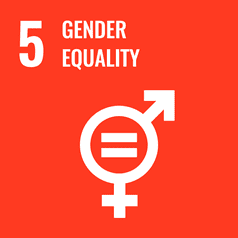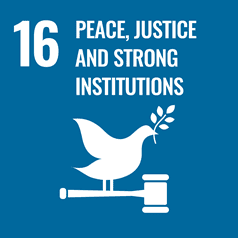From the Classroom to the Operating Room: Emily Mason’s Journey as an Indigenous Female Surgeon
For proud Gamilaroi woman, Emily Mason, the path to becoming one of the country’s only Indigenous traumatology specialist surgeons has been paved by hard work, determination, and the support of her community.
Her tertiary journey began back in 2016 through the University of Newcastle’s Miroma Bunbilla program, an alternative pathway for Indigenous medical students. Ms Mason went on to last year graduate a Masters of Traumatology with surgery specialisation with distinction – all while studying and working full-time.
“I definitely wouldn't have gotten through University without the help of the Wollotuka Institute - whether it was from arranging tutoring, or just having someone to have a yarn with and a cup of coffee when things were getting hard,” she explained.

The Wollotuka Institute has been operating for more than 40 years as an Indigenous student support centre at the University of Newcastle, boasting the largest number of Indigenous student enrolments in the country.
While most of her days are now spent on the frontlines in emergency wards and operating theatres, Emily remembers fondly how her aspirations began, with her own visits to the doctor as a child in Port Macquarie, Birpai country, on the New South Wales Mid-North coast.
“I was very much inspired by Dr Peter O’Mara - Having a role model as my GP (general practitioner) in my hometown, he was a big influence on me to know that I could complete medical school and could become a doctor,” Ms Mason said.
In a full-circle moment, Wiradjuri man and doctor, Dr Peter O’Mara, is a former director of the Wollotuka Institute and currently oversees the University of Newcastle’s Indigenous Health Unit, Thurru, in which the Miroma Bunbilla program runs.
“Seeing someone who had gone ahead of me, absolutely kicking goals and seeing how much of a difference he's making in the community was a big inspiration for me,” Ms Mason said.
Being able to create similar change is a huge motivation for Emily Mason, who describes her current work as a general surgical senior resident medical officer as a ‘privilege.’
“I feel incredibly lucky to be able to start working as a doctor within my hometown, and to be able to advocate for mob within the healthcare setting, be on the ground to help influence healthcare changes, and optimise as many things as we can to improve the health outcomes for our people,” Ms Mason said.
The University of Newcastle, through innovative pathway programs and strong on-campus support, has now graduated over 100 Indigenous doctors.
In 2023 alone, 17 Indigenous students completed the medicine program, as well as 77 Indigenous health student completions.
In Awabakal language meaning ‘permit... take care of’, Miroma Bunbilla will again take place this year, a week-long intensive selection process that gives aspiring doctors the chance to prove their passion, aptitude and suitability to commence a medical degree.
For Emily Mason, becoming a trailblazer in the field was never the end-goal, and she believes more First Nations people will change the system for the better.
“It's such a rewarding job. We can make such a difference to our communities, and so don't doubt that we belong in healthcare - We make such a difference,” Ms Mason said.
Contact
- Shahni Wellington
- Email: Shahni.Wellington@newcastle.edu.au
Related news
The University of Newcastle acknowledges the traditional custodians of the lands within our footprint areas: Awabakal, Darkinjung, Biripai, Worimi, Wonnarua, and Eora Nations. We also pay respect to the wisdom of our Elders past and present.




